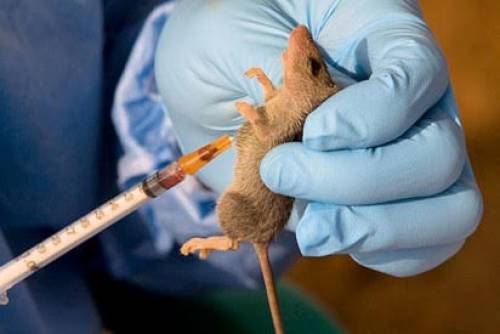
Two health workers at the Federal Medical Centre, Abeokuta, Ogun State, southwest Nigeria has died of Lassa fever.
The deceased, a mortician and a nurse reportedly contacted the disease from a Lebanese patient earlier admitted in the hospital before he died.
State commissioner for health, Babatunde Ipaye, confirmed the deaths saying an isolation center would be created to cater for patients suffering from such ailment.
“We are going to immediately create an isolation center here at FMC to cater for unexpected cases and emergency on public health issues like Lassa fever to include others communicable diseases and have set officers out to confirm the root of the cases,” Ipaye said.
Also, acting medical director of the Federal Medical Centre, Abeokuta, Kehinde Hunyinbo, confirmed the tragedy saying they are investigating the deaths.
“It is true and we have commenced investigation into it, having contacted the Ministry of Health,” he said.
Nigeria experienced a Lassa fever breakout earlier this year when about 101 persons in the country died of the ailment.
In 2015, 12 people died in Nigeria out of 375 infected, while in 2012 there were 1,723 cases and 112 deaths, according to the NCDC.
The number of Lassa fever infections in West Africa every year is between 100,000 to 300,000, with about 5,000 deaths, according to the US Centers for Disease Control and Prevention.
Lassa fever belongs to the same family as Marburg and Ebola, two deadly viruses that lead to infections with fever, vomiting and, in worse case scenarios, haemorrhagic bleeding.
It is named after Lassa town in northern Nigeria where it was first identified in 1969. Endemic to the region, Lassa fever is asymptomatic in 80 percent of cases but for others it can cause internal bleeding, especially when diagnosed late.
The virus is spread through contact with food or household items contaminated with rats’ urine or faeces or after coming in direct contact with the bodily fluids of an infected person.
Credit: tv360nigeria.com